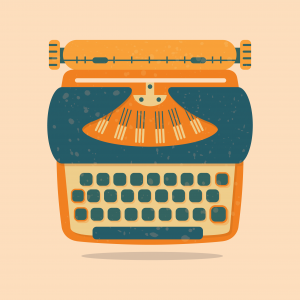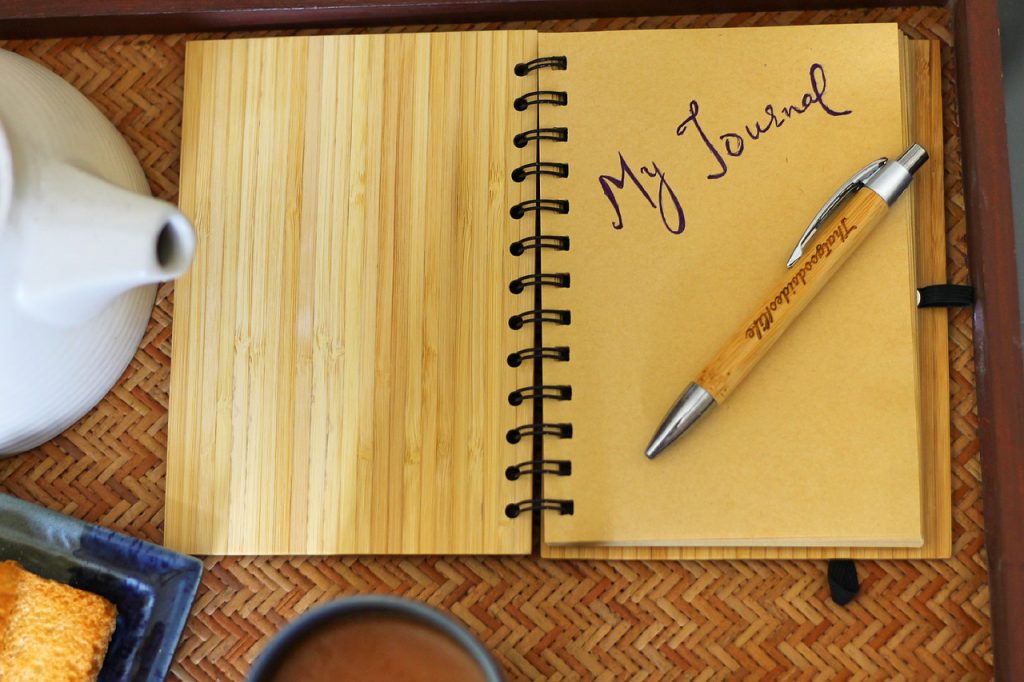So, you’re finished your Nanowrimo novel or you’re pretty close to finishing. You’re probably thinking now – what do I next?
What am I going to do with this hunk of manuscript that I’ve been slaving over for the past month?
In this short post, I’ll quickly go over the key things you might want to do, once you have your completed first draft in your hands. This will include: Taking a Break, Keep Writing, Editing, Rewriting/Redrafting, Rinse and Repeat and The Next Steps.
But First – Are You Really Finished?
But before anything else, and before you any read more – is your novel really finished? Did you just write the challenged 50,000 words and that’s it? Or is there more to your story?
If there is – then that’s great! You know your next step. Keep writing your novel until it’s finished.
And, if you are 100% sure your novel or story is finished, then read on.
1. Take A Break
I take this advice from Stephen King, whom, in his fantastic and inspirational book “On Writing” recommends on taking at least six weeks off after completing your novel, to let the dust settle, and to free the story from your mind a little. This will give your mind a chance to see your story with fresh eyes when you come back to it in 6 weeks time.
Keep writing in this time off though – you don’t want to lose the writing momentum you’ve created by writing every day for the last month, but perhaps reduce the daily word count slightly 🙂
2. Keep Writing

Keep up your daily writing. Start that next novel, or the sequel, or try your hand at a few short stories. The key here is to continue to write. This is SO important, if it’s your desire to be writer.
3. Edit Your First Draft
When you come back from your break, you’ll want to read through your novel, making notes and corrections on the manuscript, in order to make the story better. This is not the time to focus on perfect grammar or spelling. If you notice it – great, then correct it, but don’t go through each page with a fine tooth comb editing – this will come later, further down the revising track. I recommend finding a good book on editing to help you get started.
Key Points to Keep in Mind:
- At this point, you are revising your ‘story’.
- Perhaps update your story outline, or create one based on your completed revised novel.
- Check the organization of the story: how it flows, character development, increasing conflict etc.
There really is too much to go into here, but I recommend – to just go with your gut. You know what makes a good story. You’ve probably read hundreds, if not thousands of novels. Just make your story better in each subsequent draft.

4. Rewrite
Rewrite your novel, according to your notes and corrections. I recently read on Pinterest, about an interesting technique where you actually retype the whole novel. Apparently this really helps with the rewriting, by making you think about every single word. I’m looking forward to trying this out.
5. Rinse and Repeat – Editing and Rewriting
Just as the title says, rinse and repeat, and you know this already. Edit and Rewrite. Edit and Rewrite. Many, many times…
Getting Feedback
At some point, you may want a trusted reader, or beta reader to read through your redrafted novel.
Let them know what you’re looking for from them, however. You don’t want a grammatical edit, if you are after a developmental comment on your overall book. Give your readers some direction, or even some questions to focus on.
All of the above, you probably already know. But it’s worth repeating. You don’t want to rush your novel out into the world before it’s ready.
Where to from here? – with your completed, redrafted, polished Nanowrimo novel…
6. The Next Steps
- Professional Editing
If you can afford it, or can save up for it, invest in a professional editor for you polished novel.
2. Professional Developmental Editing
If you’re concerned about your story structure, consider getting a professional to look at the manuscript for you. Sometimes this is called Developmental Editing.
From here, there are number of avenues moving forward, be it:
- Self-Publishing
Indie-Publishing seems the way to go at the moment, and there are a few different options out there, including publishing with Amazon Kindle. This is whole topic in itself, but from what I’ve learnt so far, is that while it’s quite easy to publish your own book, you still have to reach people somehow, i.e marketing… This is something worth considering when making the decision to self publish.
2. Traditional Publishing
This is harder to break into, but there are smaller boutique publishers out there that seem pretty viable. You just have to do your homework, and research the publisher you’re interested in. I recently found Inkitt which have an interesting service and a competition. They also had a service to help you write your Nanowrimo novel, which I wish I’d know about in early November lol.
There are also a few bigger publishers around which still accept unsolicited manuscripts, for example Daw, which publishes sci-fi and fantasy. Grab your copy of the Writer’s Market and see who else is accepting to your genre. For my Australian readers, try The Australian Writer’s Marketplace. Both these books are also available in ebook editions. Or try a Google search. There’s a lot of good information out there for free.
3. Contests
For some reason, I like this option a lot. I think, because, I’d love to be published ‘traditionally’, and applying to contests seems a great thing to do in the interim. Plus, some of them offer publishing deals if you win. These are the ones I’d recommend applying to. Also consider the ones which offer a critique, especially critique’s by professional’s in the industry, and people whose opinion you respect. Lists of respected competitions can also be found in the Writer’s Market and The Australian Writer’s Marketplace.
7. Writing

Do I have to repeat it? Keep writing, throughout all of the above. Write short stories, poetry, song lyrics, morning pages, freewrites, start your memoir, write your dreams, write different types of journals, try copy work. Just keep writing, no matter what else you’re doing.

Writing a novel i presume looks like a very involved experience. I have tried my hand at writing a few e.books,nothing large, and definitely not on the scale of 50,000 words like your novel.Taking inspiration from the legendary Stephen king, a truly great novelist, means that you take your work seriously. It looks like there is a lot involved like taking a few weeks break, going over drafts etc. All i can say is keep up the good work and get your work published.
Andrew, Thanks so much for reading and for your comments:)
Thank you so much for this informative post where you give advice on the things a writer should do after completing the first draft.
Thanks again for clarifying the issue of taking a break, which is more of slowing down the pace of writing than taking a total complete break.
I was thinking this can be an opportune time for me as a writer to marketize my writing by selling my short articles to magazines. Do you know of any magazines that accepts articles for sell?
Hi, Zegu, thanks so much for reading:)
There’s a whole range of magazines out there looking for articles. Try googling some in your area, or checking out the Writer’s Market from Writers Digest.
I’ll try to source a couple for you, too.
Erica